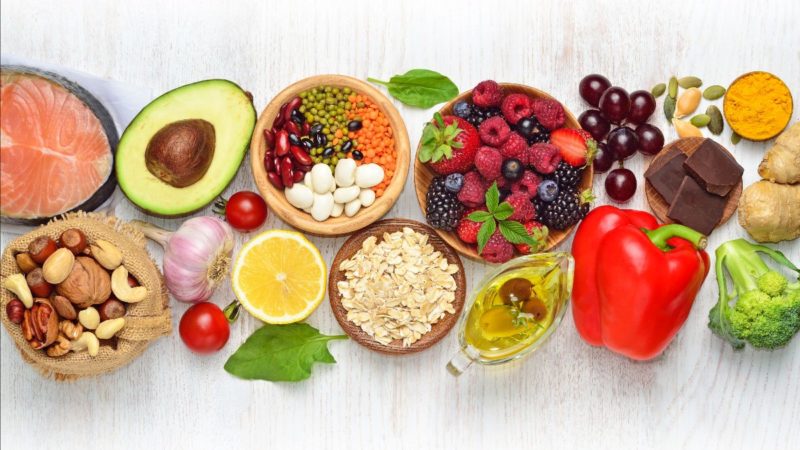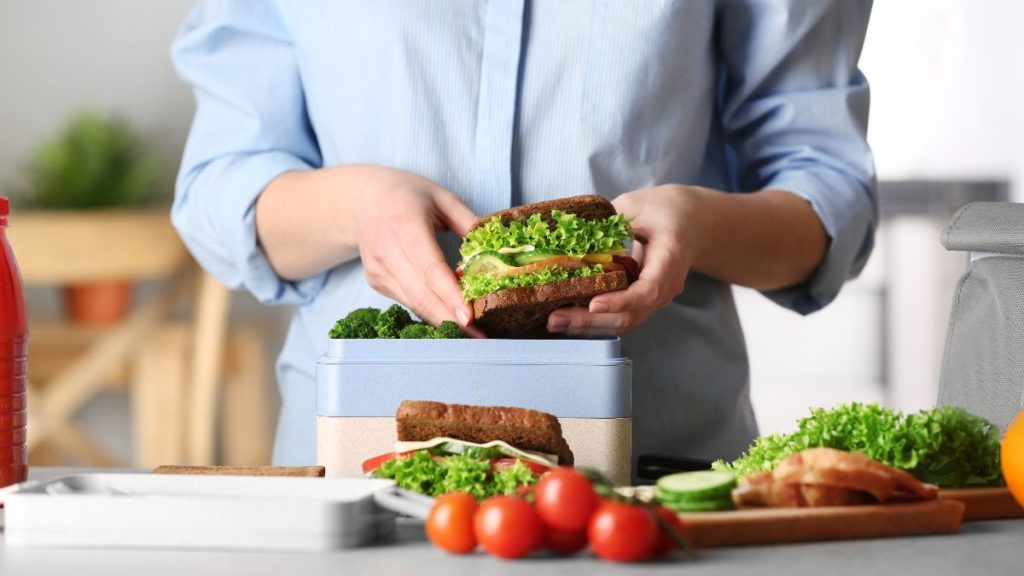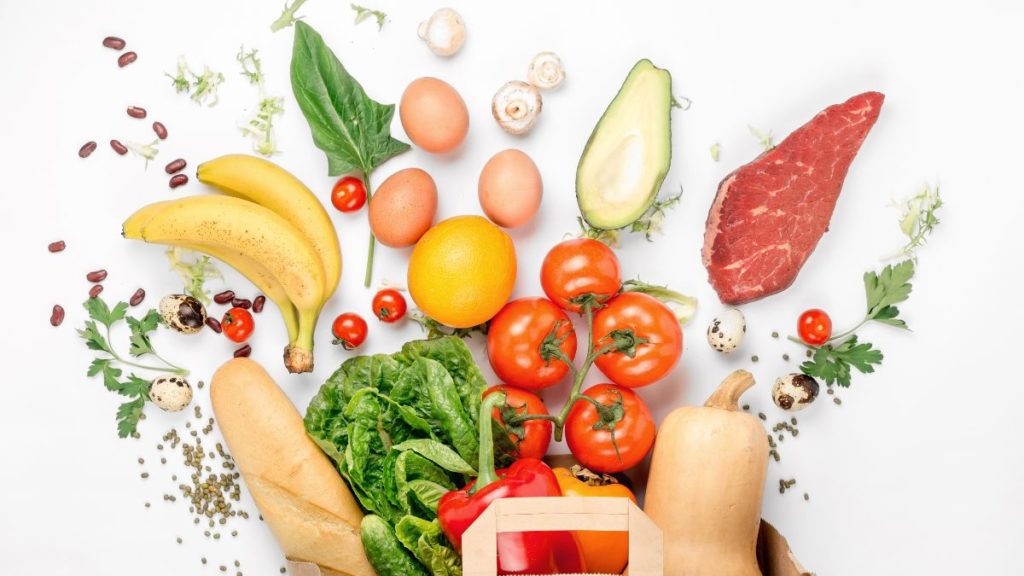
Being in quarantine and required to stay at home during the COVID-19 pandemic can be quite stressful and challenging for some individuals and families. In times like these, many people tend to abandon their healthy eating habits due to boredom and increased anxiety.
Proper nutrition is vital to help support a strong immune system, improve mental health, and lower your risk of chronic illnesses and diseases. This article outlines a list of tips and strategies to help you manage and maintain a nutritious diet during these unprecedented times.
1. Plan your daily meals and snacks, ahead of time.
It is important to go about your day as you normally would, to create a sense of normality and structure during these unprecedented times, especially if you are working from home.
Strategies to do this include:

2. Manage your work environment at home.
Set up a workspace that mentally prepares you for work mode. Ideally, this is in a separate room that is away from your kitchen. However, if you are limited for desk space and are required to set up at the kitchen bench, try facing away from the pantry cupboard and refrigerator, so they are not in your line of sight, reducing temptation.
3. Maintain hydration levels.
As a general rule, aim for 30-35ml of water per kg of body weight. For instance, a person weighing 70kg should aim for 2.1 to 2.4L of water per day (70 x 30-35ml).
An easy way to increase the amount of water you drink is to:

4. Vitamin D and Sunshine.
Vitamin D is essential for our immune system, nervous system and to help regulate mood. It is important now more than ever that we get adequate healthy exposure to sunshine, while working from home.
A few examples of ways to increase your vitamin D intake include:
Panic-buying food across the nation has led to supermarkets being unable to keep up with the high demand of some pantry essentials and frozen food items, such as flour, pasta, rice, and frozen veggies.
The following tips can help you manage nutritious meal planning and routine with a limited ingredient list and budget.
1. Shop early in the day if possible.
Larger supermarkets such as Coles and Woolies tend to stock up their shelves at night, meaning you are more likely to find items earlier in the day. This also means that you will be exposed to fewer people compared to busier times in the evening.
2. Plan your meals ahead of time and make a grocery shopping list prior to visiting your local supermarket.
This ensures you have a plan of action and a clear idea of what you will be buying as well as minimising the amount of time you spend in the supermarket rather than feeling overwhelmed and over-purchasing food items when you walk into a supermarket.
3. Bulk cook and find freezable recipes.
Look for recipes that are freezer-friendly and can be prepared in bulk. For example, curries, stews, salsas and bolognese sauces can be made to be healthy, packed full of vegetables and are freezer friendly.
4. Find alternatives.
| Food Product | Alternatives |
| Regular wheat pasta | Pulse pasta. Benefits: higher in protein and fibre. Lower in carbohydrate content. |
| Frozen vegetables | Choose fresh vegetables that last longer:
|
| Rice | Quinoa, couscous, pulse pasta or bread. Benefits: increased variety of wholegrains. |
| Sauces | Herbs and spices such as ginger, garlic, turmeric, cinnamon, cayenne pepper etc. Benefits: Pre-made sauces generally have added sugar, sodium and preservatives to ensure a long shelf life. Using herbs and spices as an alternative can help boost the flavour of your meal without the added salt and sugar. |

Acacia EAP offers sessions with our team of high quality, accredited practising dietitians. These sessions can be helpful for nutritional tips, weight management, individualised dieting plans and more.
For individual dietary advice, please call 1300 364 273 to book an appointment with one of our accredited practising dietitians today.
P: 1300 364 273 | Text or Live Chat: 0401 337 711 | W: acaciaconnection.com